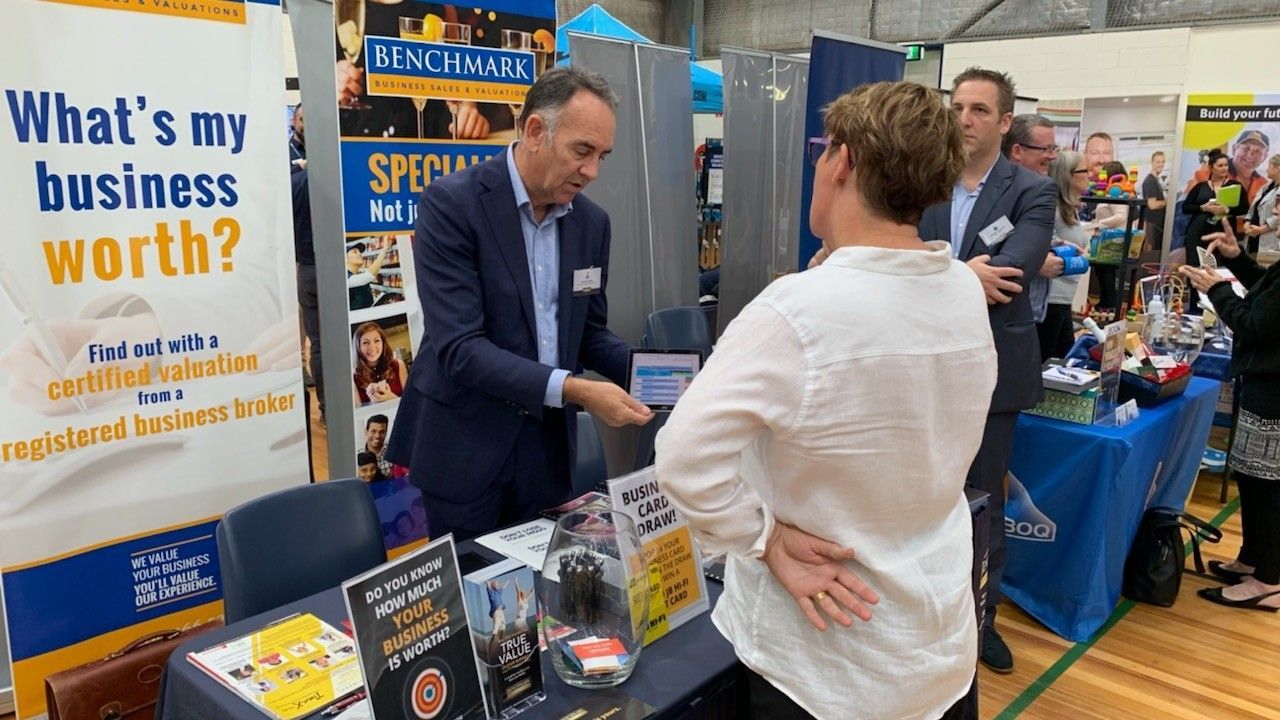Business Owners - You Must Consider Selling Your Business With an Earn Out Provision
Understanding Earn-Outs: A Smart Strategy for Bridging Valuation Gaps in Business Sales

In the world of business, it’s not uncommon to include earn-out clauses in transactions. These clauses enable vendors to ‘earn’ a portion of the purchase price based on the performance of the business after the transaction has taken place. Normally, earn-outs will last anywhere from one to three years after the transaction date.
Many business exits are based on the seller being connected to a business for a period after completion through what’s called an ‘earnout’. Earnouts usually operate on the basis that a payment is made to the seller at completion, and then further payments are made over time based on the performance of the business.
Earn-outs are commonly included in business sales for these reasons:
- They can help bridge any gap in price expectations between the vendor and purchaser. An earn-out is a form of “at risk” consideration that allows the vendor to receive a higher sale price if the business performs well after the sale.
- Earn-outs can be used to incentivise vendors who are continuing to work in the business after the sale. By tying part of the purchase price to the future performance of the business, vendors have a vested interest in maintaining growth momentum post-sale.
- When the majority of the sale price being paid by the Buyer is Goodwill (such as in a professional practice), the Buyer requires some assurance that they will get what they are paying for. The Earn Out (or a Retention clause) will achieve that for the Buyer.
- Earn-outs give buyers confidence that the seller will guarantee that the business will continue to perform and produce profits.
Earn-outs offer several advantages for both buyers and sellers in a business transaction:
- The sale price includes a performance-based component, providing a win-win situation for both parties.
- Earn-outs can help to overcome any price disagreements that may be hindering a sale, allowing both parties to reach an agreement.
- If the calculation of the earn-out is transparent, simple, and easy to measure, it can minimise any potential disputes between the buyer and seller.
- An earn-out structure can be particularly helpful when the business has underperforming income, is implementing new initiatives, or is experiencing high growth.
- If the business realises growth during the earn-out period, it can effectively fund the incremental sale price.
An earn-out gives the buyer confidence that they will get what they are paying for. An earn-out can be a powerful tool for achieving a smooth transition of a business from one owner to the next. The construction of an earn-out is critical to its success, both commercially and legally. With careful attention to detail, an earn-out can help to ensure continuity and succession in a business, benefiting all parties involved.
Earnouts can cause concern for sellers who face the risk that if performance is not sustained, they may not actually see any future payments. When used in the right context, earnouts are an effective mechanism to share risk by keeping the seller in the business and incentivised after the business changes hands, ensuring expected business performance continues and the buyer receives the value they have paid for.
To work well in any sale, the earnout needs to be understood by both buyer and seller and structured well – in a way that both parties are comfortable with. So the agreement should be simple.
Why consider an earnout?
Earnouts are often requested by a buyer as a way of ensuring the value in the business fully transfers when it is sold. They often tie the seller to the business for a set period of time so that it can continue to operate and maintain the same level of performance. They’re also often used as a way of ensuring there is a long enough period for appropriate transfer of their knowledge of the business.
It is often raised during the deal making process as a risk-sharing mechanism for the buyer concerned about future performance and/or as a way for the seller to access a higher sale price because they are prepared to accept some risk.
EXAMPLE:
A business was being sold by Benchmark. The EBITDA was (in round numbers) $8 million per annum, and the Buyer had agreed to pay four times EBITDA ($32 Million) for the business. Under Due Diligence (a six month period), the EBITDA proved to be closer to $7 million – giving the business a value of $28 million. There was a stalemate. The buyer would only pay $28 million, and the Seller wanted $32 million.
The Seller believed that an EBITDA of $8 million was achievable – and an earn out was agreed to enable the transaction to proceed.
The earn out agreement was that the Buyer would pay the Seller $28 million at completion, and if over the following 12 months the EBITDA was $8 million the extra $4 million would be paid to the Seller. The Seller stayed on in the business, and the EBITDA exceeded $8 million, so the additional payment was made to the seller after 12 months.
Conclusion
Earnouts are becoming a normal part of a business sale agreement.
Earnouts enable the Seller to maximise the value of the business.
Earnouts give buyers confidence.
Ready to Sell Your Business with Confidence?
If you're exploring an earn-out or want to understand how to get the best value for your business, expert guidance makes all the difference.
📞
Contact Bruce Coudrey — Australia’s Leading Business Broker
With decades of experience in business sales, Bruce can help you navigate the complexities of earn-outs and ensure a deal that works for you.
Call Bruce directly on: 1300 366 521
Email:
bruce@benchmarkbusiness.com.au
Visit:
www.brucecoudrey.com
Take the first step toward a smarter business exit — reach out today.









